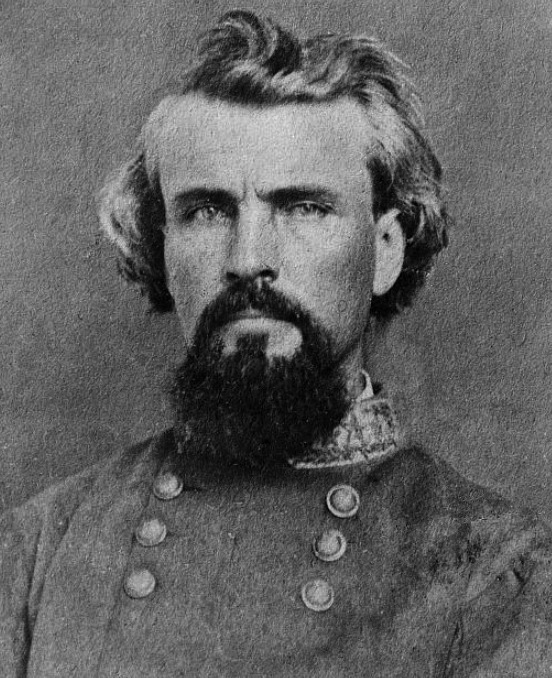About Publications Library Archives
heritagepost.org

Preserving Revolutionary & Civil War History

Preserving Revolutionary & Civil War History

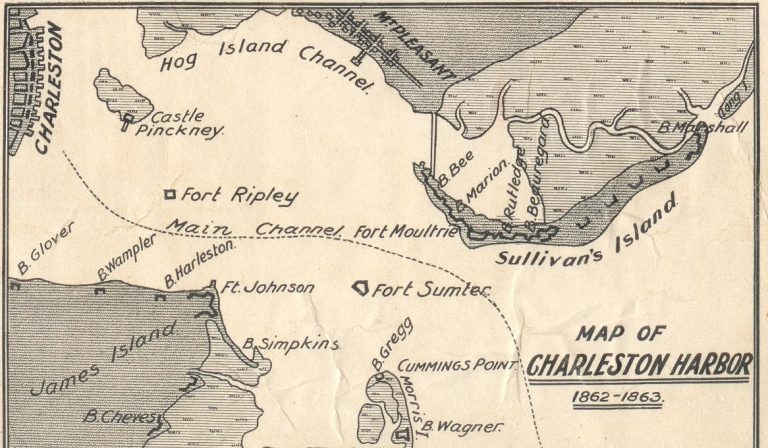
[Letter of the commissioners to the President] Washington, 28th December, 1860. Sir: We have the honor to transmit to you a copy of the full powers from the Convention of the People of the South Carolina, under which we are…

State of South Carolina Executive Office, State Department Charleston, 12 January 1861 Sir, The Governor has considered it proper in view of the grave questions which now affect the State of South Carolina and the United States, to make…

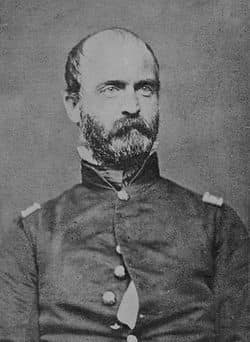
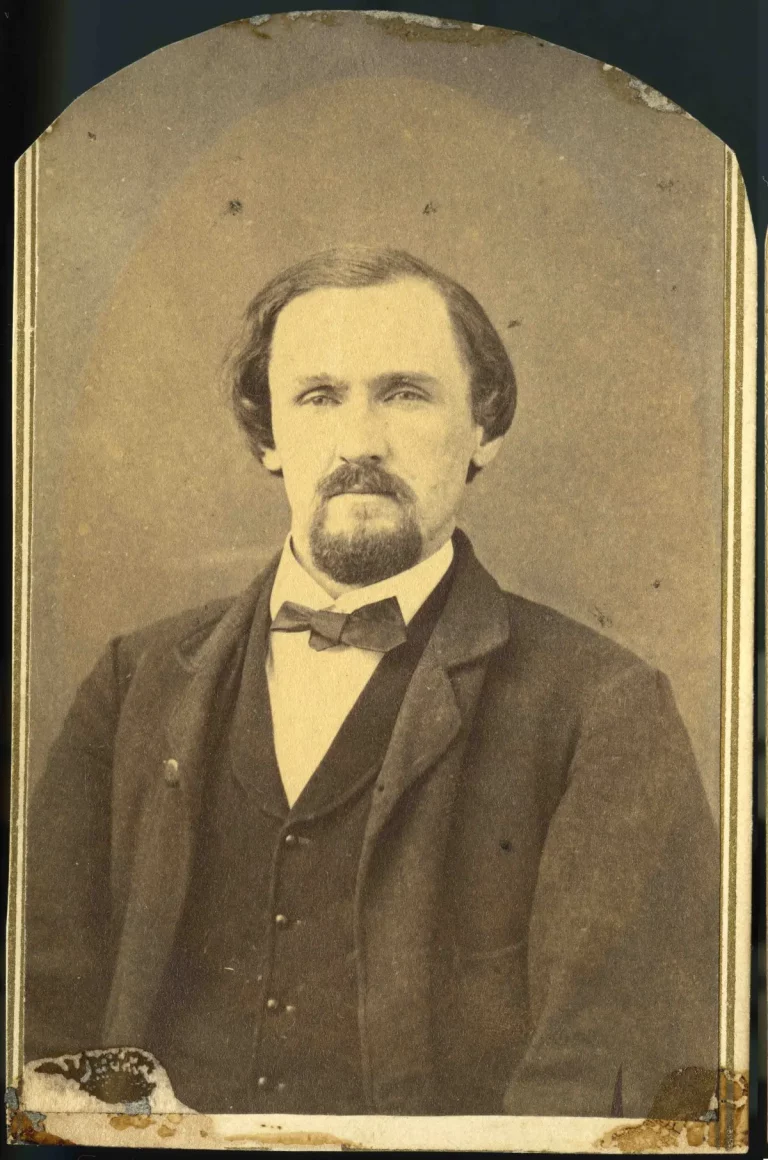

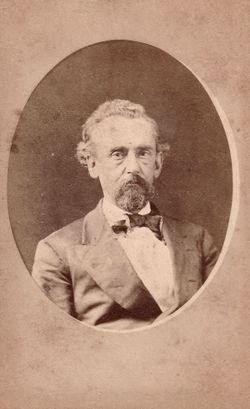
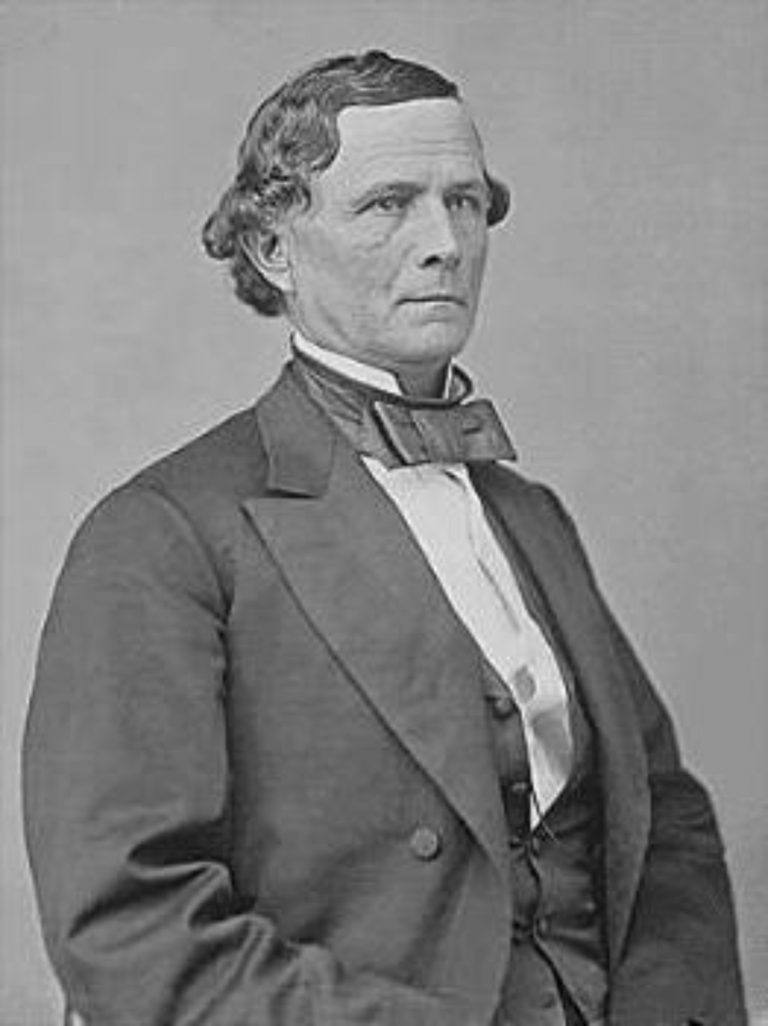

Loyal dogs populated both armies in the Civil War. For every Union dog, there was a Confederate dog taking part in the battles. Like wars before it, the Civil War had no organized canine corps. (The first canine corps for…

Our own race is boastful as well as intolerant and aggressive. This is especially true of the New England type, and hence it is that we are prone to regard ourselves in many, if not all respects, superior to the…
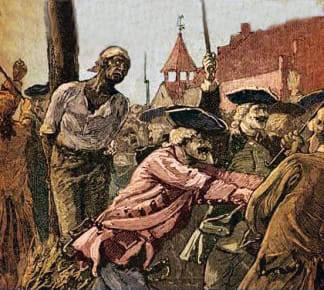
African-American Men Burned at the Stake in New York In England, burning had been used to punish rebellious women, peasants and poor people, demonizing the most oppressed people in European society. Carol Karlsen makes the point that characteristics of the…
